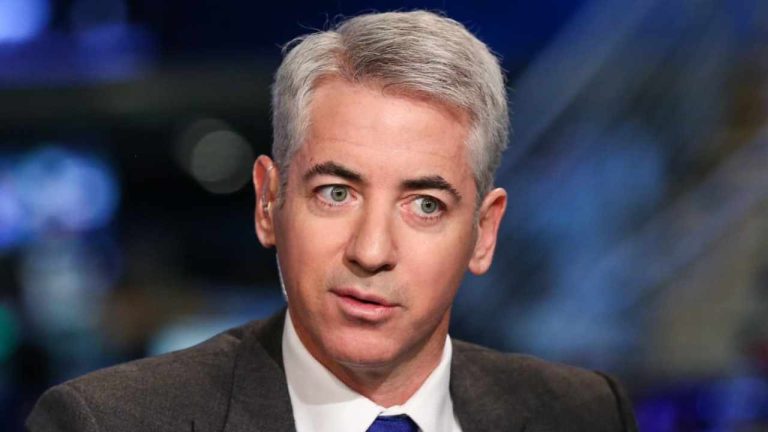Billionaire Bill Ackman Discusses Crypto Regulation — Says Industry Must Self-Police or Risks Being Shut Down

Billionaire Bill Ackman has warned that the crypto industry needs to self-police or it risks being shut down. He added that regulators need more resources to police the bad actors in the crypto space and will likely take years to catch up.
Bill Ackman on Crypto Regulation and the Need for Industry to Self-Police
Billionaire Bill Ackman shared his thoughts on a variety of crypto-related topics, including crypto regulation, in a series of tweets Saturday.
Ackman is the CEO and portfolio manager of Pershing Square Capital Management, a registered investment adviser with the U.S. Securities and Exchange Commission (SEC). His current net worth is about $3.5 billion.
Regarding cryptocurrency regulation, he said: “I am not sure we need new rules. Much of the fraud that is taking place is old-fashioned pump and dump schemes, and failures of custodians to protect customer assets.”
The executive continued: “I suspect that existing anti-fraud and other laws already govern these violations. We just need more enforcement.” Ackman opined:
Regulators need more resources to police the bad actors. Unfortunately, it will likely take years for the regulators to catch up, and they may never get there. The crypto industry therefore needs to self-police and out the bad actors, or it is at risk of being shut down.
The collapse of FTX, a major cryptocurrency exchange, earlier this month has many people calling for tighter crypto regulation.
Some people have stressed that the FTX meltdown is not a crypto failure, including Mark Cuban and Robert Kiyosaki. U.S. Congressman Tom Emmer believes that it is a failure of the SEC, Chairman Gary Gensler, FTX co-founder Sam Bankman-Fried, and centralized finance.
Ackman further described, “Crypto remains the Wild West as the same protections of registered security offerings don’t exist,” elaborating:
Therefore, the character, reputation and track record of the management teams and sponsors of crypto-based businesses are extremely critical in choosing which projects to back.
Last week, the billionaire said: “Crypto is here to stay and with proper oversight and regulation, it has the potential to greatly benefit society and grow the global economy.” He added: “All legitimate participants in the crypto ecosystem should therefore be highly incentivized to expose and eliminate fraudulent actors as they greatly increase the risk of regulatory intervention that will set back the positive potential impact of crypto for generations.”
What do you think about the comments by billionaire Bill Ackman? Let us know in the comments section below.
from Bitcoin News https://ift.tt/CgTFncO
Comments
Post a Comment